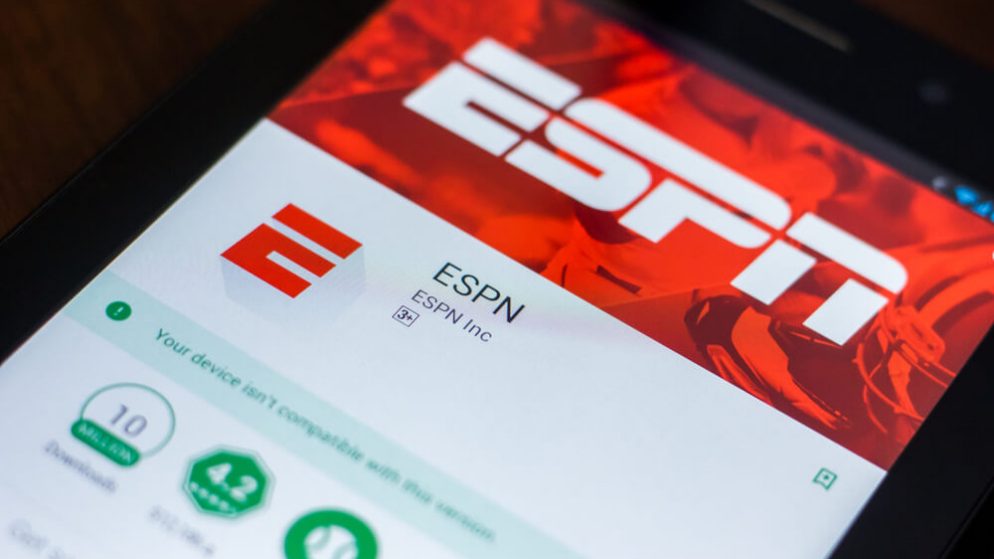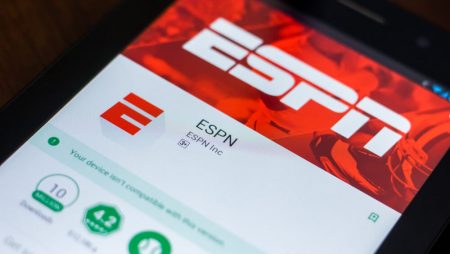

The sports betting landscape doesn’t stay the same for very long and a significant change is always on the horizon. This dynamic and ever-evolving sector continuously embraces transformation whether through technological advancements and regulatory changes to groundbreaking strategic collaborations and partnerships.
Recently, casino operator Penn Entertainment and sports entertainment behemoth ESPN sparked anticipation and curiosity after the 2 announced their groundbreaking deal. This collaboration serves as a prime example of how the sports betting sector is always in a perpetual state of flux.
The fusion of these 2 sports betting giants not only promises innovation but also raises important questions regarding the future of existing retail sportsbooks and the larger state of sports betting in Illinois. In this ever-changing space, adaptation is not only a virtue but a necessity, and grasping the mechanisms behind such transformative decisions is vital for all stakeholders involved.
What we cover
The power of the ESPN- Penn partnership
This powerful collaboration has the sports betting sector buzzing with excitement and it is easy to see why. With this deal, Penn Entertainment sold the Barstool sports brand back to its founder, Dave Portnoy. In the Barstool sports’ brand place, the ESPN brand will be created aiming to make its great debut in the 16 states where Penn currently boasts sports gambling licenses, including Illinois.
Expected to make its grand entrance this fall, ESPN Bet’s replacement of Barstool Sportsbook signals a remarkable shift in the country’s sports betting sector. The financial contours of this deal are as ambitious as its vision, with Penn committing to pay ESPN a considerable $1.5 billion in cash over 10 years.
An additional 500 million in warrants, scheduled to vest over the same period is included in exchange for marketing, brand, media, and other rights that come from being affiliated with ESPN. The intricate fabric of this partnership between Penn and ESPN extends beyond the financial terms.
This agreement also bestows on Penn the rights to use the ESPN brand for gambling-related activities for 10 years, with the possibility of extension for another decade. ESPN’s reach in the sports and media world will be utilized to boost this new gambling service, with a few ESPN hosts and talent also being actively engaged.
Additionally, ESPN will also have the power to appoint a Penn board member after a 3-year timeline, which serves as a testament to the mutually beneficial synergy that this partnership intends to foster. In tandem with the launch of the ESPN Bet brand, Penn will also bid goodbye to the Barstool sports brand, an entity it acquired in 2020.
An important component of this transition has been the introduction of a non-compete clause, as well as a series of other restrictive agreements aimed at safeguarding the integrity of the Barstool sports brand. Additionally, Penn Entertainment also stands to benefit from a subsequent sale of Barstool, which will see the brand secure an impressive 50% of the gross profits.
While this strategic move will no doubt usher innovation and a new point of view in the sports betting market, it also raises critical questions regarding the effect on the Barstool retail sportsbooks operating in Illinois. As the transition unfolds, there has been a lot of uncertainty surrounding the re-branding process.
Fortunately, the president and CEO of Penn Entertainment, Jay Snowden, shared the company’s plans during the most recent earnings call. Snowden mentioned that while Penn’s brick-and-mortar sportsbook continued to perform well, there was still a lot of work to be done before the ESPN Bet app could be launched.
Snowden emphasized that the 2 partners would take their time to ensure that the Barstool-specific branding was taken done within the retail locations. This whole process demands careful execution that the 2 partners appear to have planned meticulously. Penn Entertainment is in charge of 4 casinos in Illinois with 3 of them hosting Barstool retail sportsbooks namely:
- Hollywood Aurora
- Hollywood Joliet
- Argosy
Most notably, Barstools brick and mortar offerings have secured a strong position in the Illinois market, which is extremely competitive. Based on revenue reports, Barstool is ranked third among seven operators in both revenue for brick and mortar only, as well as lifetime handle. This level of success has largely been attributed in part to the presence of multiple brick-and-mortar locations across Illinois.
While Snowden did not mention the facilities in Illinois explicitly during the earnings call, it is important to note that the CEO hinted at the possibility that not all brick-and-mortar sportsbooks would transition to the ESPN Bet brand. If this is truly the case, the decision will be based on a case-by-case evaluation of each location’s compatibility with the new branding.
The shift from the Barstool brand to ESPN Bet will definitely have a profound effect on the sports betting landscape in the Prairie State. However, as with any major change in the market, logistical and legal hurdles must be dealt with before the transition can occur smoothly.
One vital consideration is the approval of the Illinois Gaming Board. Any changes made to an online sports betting site or a brick-and-mortar location require approval from the state Gaming Board. While the exact process that Barstool must go through remains uncertain, this step is critical in making sure that the transition is seamless.
Final Thoughts
As the fall debut of ESPN Bet fast approached, the fate of Barstool retail sports book in Illinois hands in the balance. The ESPN-Penn collaboration has effectively set the stage for an intriguing transformation of the sector. While challenges no doubt lie ahead, the industry is poised for a transformation that could reshape the way punters engage with their favorite pastimes.
As Illinois awaits this transition, both stakeholders and punters continue to keep an eye on how the rebranding unfolds and how it will shape the broader market within the state and the rest of the country.






